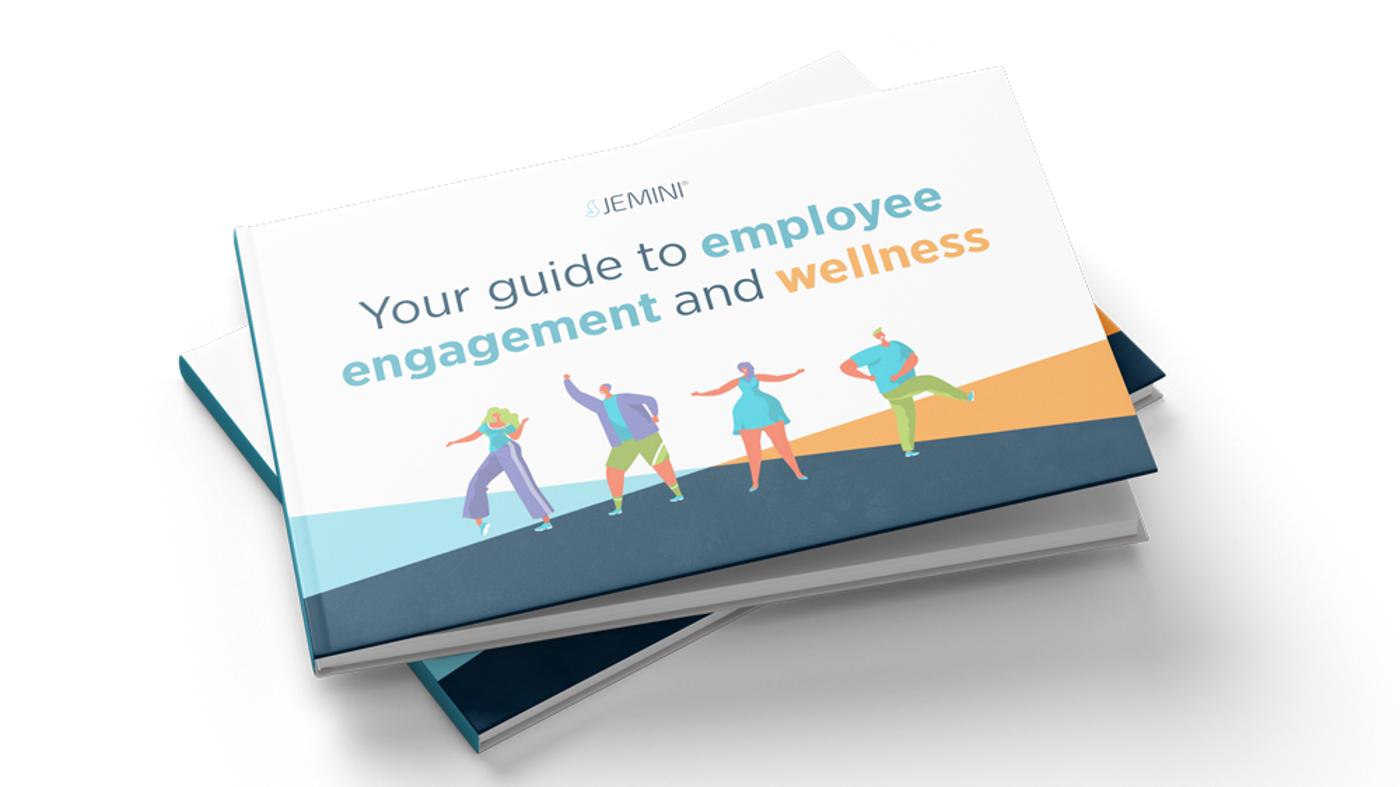Phew, 2020 was quite a year for us all. It’s indisputable that the pandemic was a major agent of change for businesses and employees around the world. As we move into 2021, COVID-19 still has many parts of the world firmly in its grip, and it’s clear that the financial, social, and political impact of the virus (and its mutations) will be felt for many years to come.
So, what do we think 2021 will look like in the workplace? Here are the HR trends we predict you should watch out for!

1. Welcome to your new (home) office.
Embraced and feared in equal proportions was the global shift to remote work for much of the workforce. Though working from home (WFH) has been increasingly common for knowledge workers pre-pandemic, many businesses were caught short and didn’t even have a decent work from home policy in place.
Our prediction? In 2021 every business will develop and formalise their WFH policies (including having supportive technology in place) and have strategies in place to accelerate their ability to comply with rapid government lockdowns (or any other disruptors 2021 throws at us).
2. Mental health support will become the new normal.
Stress levels for many have soared over the last year. Uncertain financial security, adapting to working at home and often in isolation, and fear of infection through social and work connections, all contribute to increased mental stress.
We predict that in 2021 employers will focus on removing the stigma of mental health by normalising mental health benefits, creating “collective mental health days” and supporting other initiatives to improve and support the mental health of their employees.
3. A virtually new employee experience
Recruiting, onboarding and new employee orientation as we know it will become obsolete for many organisations. As social distancing and WFH make the traditional ‘meet the team, tour the office, and share a welcome morning tea’ become things of the past, we need new ways to cement work relationships and ensure ongoing employee engagement. And these ‘new ways’ need to encompass work-life balance, well-being, connection, and collaboration.
In order to foster and maintain a positive company culture, deliver employee satisfaction, and achieve the best business outcomes, we predict that HR departments around the world will have to redesign the employee journey to support a 100% digital experience.

4. Upskill your HR skillset!
HR personnel are not exempt from the need to upskill in order to work and survive in this brave new world. With the dramatic jump in digital HR strategies and interactions, your team members need to have sufficient knowledge to be comfortable, capable, and competent in their roles.
We predict that to get your HR department future-ready you will need to:
- Improve data literacy in order to make astute and informed data-driven and evidence-based HR decisions. Ace those analytics!
- Embrace technology to effectively leverage the potential of digital integration to drive HR efficiencies and deliver your HR strategy, and drive business impact.
- Improve business acumen to deliver maximum value to the business through a deep understanding of the organisation’s needs, strategy, and customers.
- Redesign or invest in systems that allow you to meet the challenges of a digital future.
5. Digitalise, digitalise, and digitalise.
In a world more reliant on technology than ever before to make and maintain social and business connections, the HR department that still uses repetitive manual processes is doing the business (and its employees) a disservice.
Our prediction? 2021 is the year of digital transformation for the HR department. Think self-service HR and payroll software, and digitalisation of all HR processes.
6. Oh bother, it’s big brother.
When the VP of Gartner’s HR practice says that over 25% of companies purchased and installed tracking software on employee devices in 2020, it raises alarm bells in many ways. While it signals that a significant number of employers feel insecure about WFH accountability, many employees are voicing frustration and disappointment over being monitored.
We predict that 2021 will see a raft of new regulations emerge that limit what employers can track about their employees.

7. It’s going to be about what, not where!
As remote working becomes commonplace, employers and employees alike will need to embrace a new level of flexibility to accommodate the demands of life-work balance. Spouses and partners may choose to stagger working hours so workspaces can be shared, and childcare responsibilities more equally apportioned.
We say that 2021 will see employers accept and encourage flexibility, placing more value on quality of work than putting in set hours. There will be more jobs where overall output and goal reaching is more important than clocking on from 8.30am to 5:00pm.
8. A nudge is better than a shove.
According to Wikipedia “Nudge is a concept in behavioural science, political theory and economics which proposes positive reinforcement and indirect suggestions as ways to influence the behaviour and decision making of groups or individuals. Nudging contrasts with other ways to achieve compliance, such as education, legislation or enforcement.” In their book Nudge, Thaler & Sunstein say that ‘to count as a mere nudge, the intervention must be easy and cheap to avoid. Nudges are not mandates. Putting the fruit at eye level counts as a nudge. Banning junk food does not.”
After a year where employers and governments have had to often rigidly enforce mandates to protect workforces and communities alike, often at the cost of employee engagement, we predict that 2021 will be the year of the much-needed nudge. In other words, encourage, not enforce.
Summary
Overall, we predict that 2021 will hold as many HR challenges as 2020, but hopefully most will reflect the desire to improve the employee journey, and deliver more value to the business.
Explore more...
Share this page
Ready to transform your HR & Payroll process?




